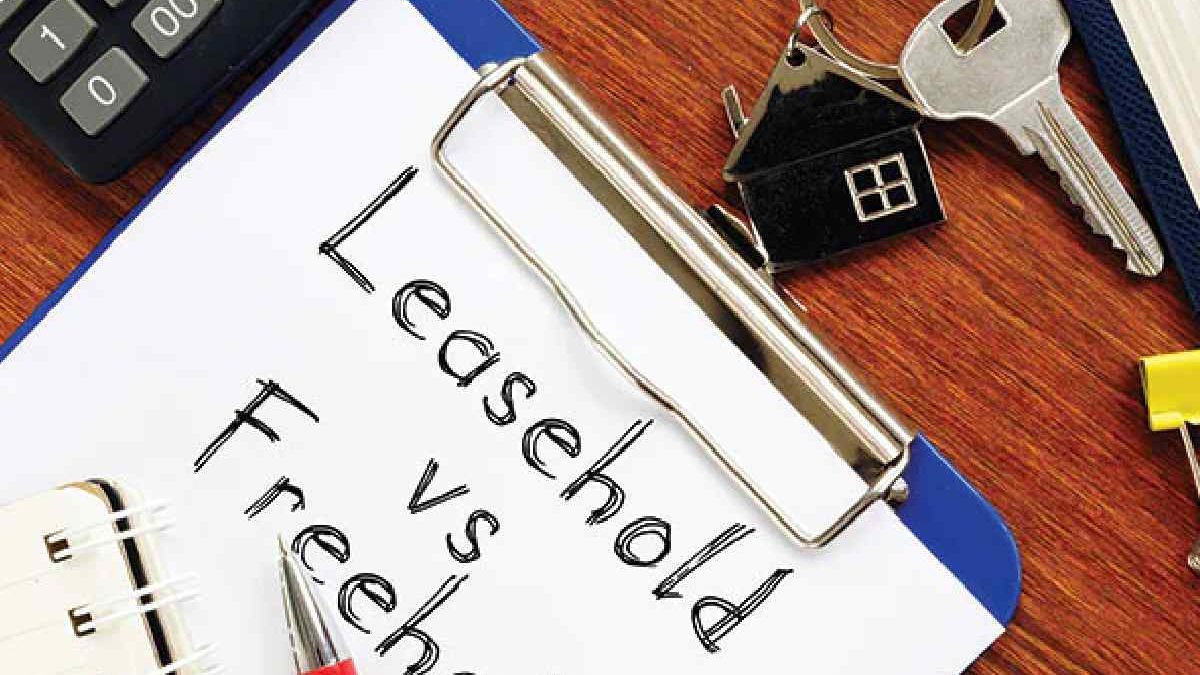In the UK, understanding the distinction between leasehold and freehold properties is crucial for homeowners looking to navigate the housing market effectively. This distinction not only affects your ownership rights but also has significant implications when it comes to selling your property.
Table of Contents
What is Freehold?
A freehold property means that you own both the building and the land it stands on outright, indefinitely. This type of ownership comes with fewer restrictions, giving you greater control over your property. You are not liable to pay ground rent, service charges, or other estate management fees often associated with leasehold properties. This autonomy makes freehold properties more attractive to buyers, potentially making the sale process smoother and sometimes quicker.
What is Leasehold?
Leasehold, on the other hand, means you own the property and its land for a fixed term, but not indefinitely. When the lease expires, ownership reverts to the freeholder, unless an extension is negotiated, which can be a costly process. Leaseholders are often required to pay annual ground rent, and service charges, and obtain permission from the freeholder for significant alterations to the property. These factors can make leasehold properties less appealing to prospective buyers, especially if the lease is short.
How Does Ownership Status Affect Sales?
When it comes to selling your property, the tenure can significantly impact both the value of your home and the ease with which you can sell it. Freehold properties are generally more desirable due to the absence of ground rent and fewer restrictions. Consequently, they often command higher market prices and attract a broader range of buyers.
Leasehold properties can be more challenging to sell, particularly if the lease has fewer than 80 years remaining. This is because potential buyers may face difficulties securing a mortgage on a property with a short lease, and the cost of extending the lease can be prohibitive. “Ensuring you’re fully aware of the implications of selling a leasehold property is essential,” advises We Buy Any Home, a leading home buying company. “Prospective sellers should consider the length of the lease and any associated costs that could affect the sale.”
Navigating the Sale Process
Selling a leasehold property requires transparency. You must provide potential buyers with comprehensive details about the lease, including its length, any service charges, and ground rent fees. Failure to do so can lead to delays or the collapse of the sale.
For freehold properties, the process is generally more straightforward. However, ensuring all the property’s paperwork is in order can help avoid any unnecessary hitches during the sale.
A House Divided
In the realm of property ownership, the divide between leasehold and freehold can significantly influence your experience as a homeowner, especially when it comes time to sell. Understanding the nuances of each can equip you with the knowledge needed to navigate the market more effectively, ensuring that whether your home is leasehold or freehold, you are prepared for the journey of selling it.
The status of your home, be it leasehold or freehold, plays a pivotal role in the complexity, duration, and success of its sale. By grasping these key differences, homeowners can better strategize their sales approach, potentially leading to a smoother and more profitable transaction. Whether you’re a seasoned property seller or preparing for your first sale, keeping these considerations in mind can help demystify the process and guide you towards a successful outcome.


